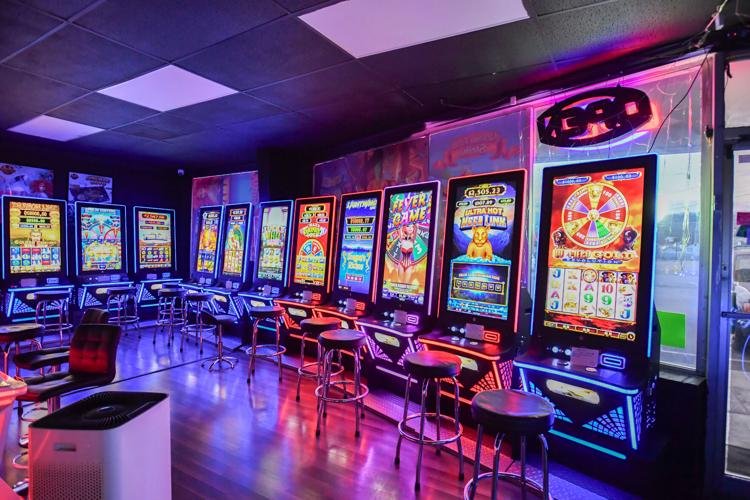
What Are Skill Game Machines?
In a world where the intersection of entertainment and technology continually evolves, skill game machines have emerged as popular platforms for both amusement and potential reward. These devices, often found in arcades, game centres, and even some restaurants or bars, offer players the chance to test their skills in exchange for prizes or monetary rewards. Unlike traditional slot machines that rely heavily on luck and chance, skill game machines demand a level of proficiency, strategy, and sometimes physical ability from their users. This article delves into the intricacies of skill game machines, exploring their mechanics, types, advantages, and regulations.
The Mechanics Behind Skill Game Machines
Skill game machines are designed to offer games that require the player to complete specific tasks or achieve certain goals through skillful actions. These tasks could range from solving puzzles, shooting targets, maneuvering objects, or executing precise movements. The core essence of these machines lies in their ability to assess and reward the player’s proficiency and improvement over time.
Most skill games provide a transparent scoring system, allowing players to gauge their performance immediately. This instant feedback loop not only enhances the playing experience but also motivates players to refine their skills and strategies for better scores or higher rewards. It’s this blend of entertainment, challenge, and reward that positions skill game machines as a captivating niche in the game industries.
Types of Skill Game Machines
Skill game machines can vary widely in their offerings and appeal to a broad audience by catering to different interests and skill sets. Some popular categories include:
Arcade Games: Classics like pinball, skee-ball, or air hockey that require physical interaction and coordination.
Puzzle Games: These challenge the intellect, asking players to solve complex puzzles within a specific time to succeed.
Shooting Gallery Games: Using either a physical or virtual weapon, players aim to hit targets accurately to score points.
Strategy Games: These may incorporate elements of resource management, planning, and decision-making to progress and succeed.
Advantages of Skill Game Machines
Skill game machines offer a unique blend of entertainment and cognitive advantages. First and foremost, they provide a fun escape and a way to unwind, engaging the player in compelling challenges that are both entertaining and mentally stimulating. They also can enhance various cognitive skills, including problem-solving, hand-eye coordination, and strategic thinking.
For venues hosting these machines, such as arcades or game centres, they attract a diverse crowd looking for entertainment options beyond traditional skill games or video games. They can also foster a sense of community as players share tips, celebrate high scores, or compete in friendly tournaments.
Regulations and Controversy
The legal status of skill game machines can be complex and varies widely from one jurisdiction to another. In some areas, these machines are regulated under laws, requiring operators to obtain licenses and adhere to specific regulations regarding payouts and the chance elements of the games. In contrast, other jurisdictions may classify them under amusement or arcade game regulations, focusing on the skill-based nature of the gameplay.
Controversy often arises around the thin line distinguishing skill games from others. Critics argue that despite the requirement for skill, the element of reward can induce repetitive play akin to playingaddiction. Proponents, however, emphasize the skill aspect and argue for their categorization separate from luck-based slot machines.
The Future of Skill Game Machines
As technology advances, so too does the potential for more immersive and complex skill game machines. Virtual reality (VR) and augmented reality (AR) are starting to make their way into this domain, offering players even more engaging and lifelike experiences. Furthermore, with the rise of competitive games or eSports, there’s potential for skill-based machines to incorporate elements of competition and online play, further expanding their appeal.
Conclusion
Skill game machines represent a fascinating intersection between games, entertainment, and skill. They provide a platform for individuals to test and refine their abilities in a fun and challenging environment while offering the potential for rewards. While regulations surrounding these machines can be complex, their popularity and evolution hint at a vibrant future. As technology continues to evolve, so too will the experiences and opportunities these machines offer, ensuring they remain a beloved staple in entertainment venues worldwide.




